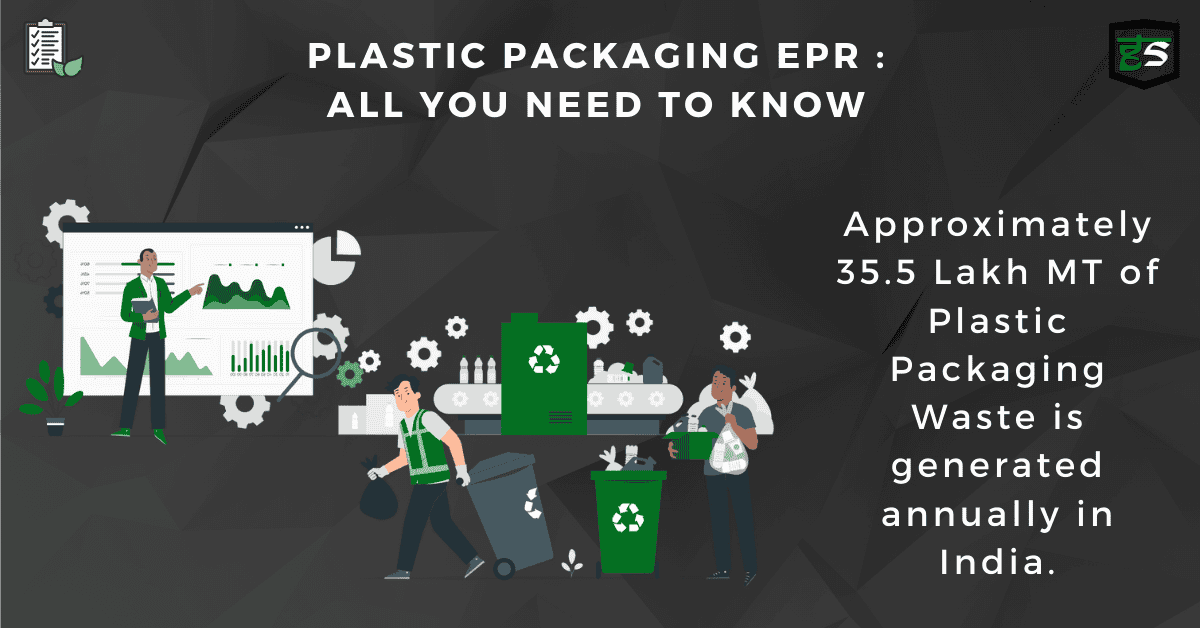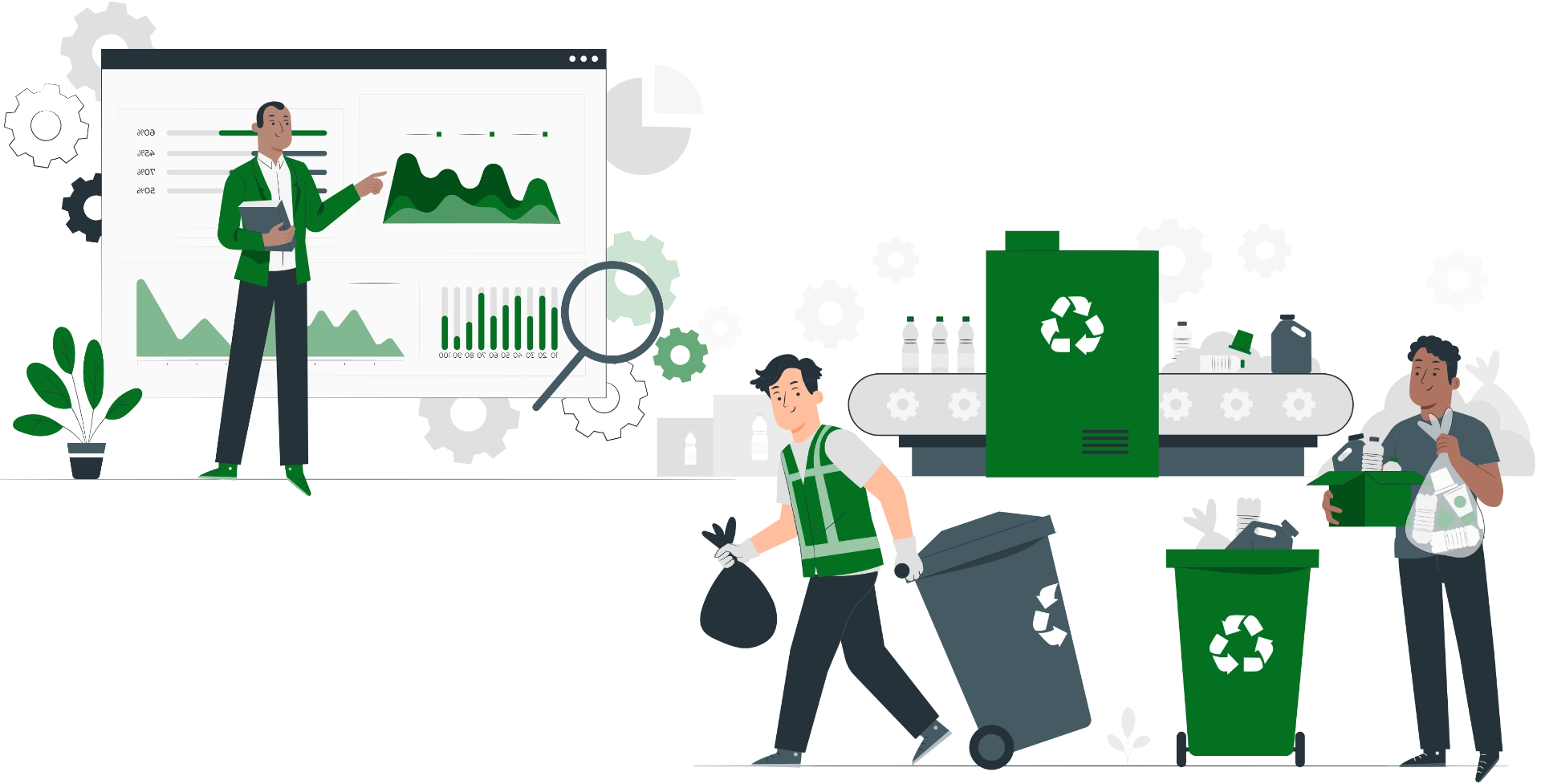Summary

Article Name
Plastic Packaging EPR : All you need to know
DescriptionLearn and understand about the Plastic Packaging EPR Compliances. Know the details and their applicability.
Author
Team GreenSutra
Publisher Name
GreenSutra
Publisher Logo

